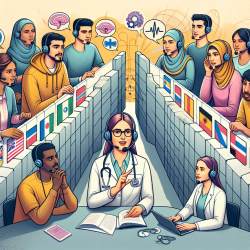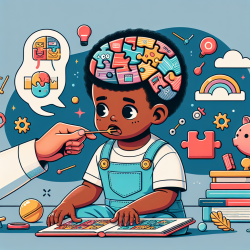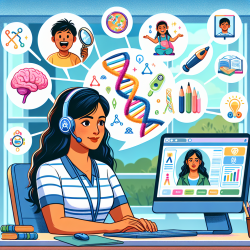Introduction
In the diverse landscape of healthcare, effective communication is paramount. Language barriers often impede the delivery of quality healthcare, particularly in student-run clinics (SRCs) where many patients have limited English proficiency (LEP). A recent study titled "Interpreter training for medical students: pilot implementation and assessment in a student-run clinic" sheds light on a viable solution to this challenge. By implementing a structured interpreter training program, SRCs can significantly enhance the quality of care provided to LEP patients.
Study Overview
The study conducted at the Icahn School of Medicine at Mount Sinai explored the feasibility and effectiveness of a six-hour interpreter training course for bilingual medical students. The course aimed to improve students' comfort, role understanding, and familiarity with medical terminology. The results were promising, with significant improvements noted in these areas, which were sustained over time.
Key Findings
- Participants showed increased comfort and understanding of their roles as interpreters.
- There was a notable improvement in familiarity with medical terminology.
- Patients and clinicians rated the trained interpreters highly, with scores averaging above 4.5 out of 5.
Implications for Practitioners
For practitioners in SRCs, these findings underscore the importance of formal interpreter training. By equipping bilingual students with the necessary skills, clinics can ensure more effective communication and improved patient outcomes. This model can be adapted to various settings, tailoring the training to specific languages and cultural contexts.
Encouraging Further Research
While the study presents a strong case for interpreter training, further research is needed to explore its long-term impact on patient satisfaction and clinical outcomes. Practitioners are encouraged to delve deeper into this area, potentially replicating the study in different settings and with larger cohorts.
Conclusion
Effective interpreter training is a critical component in overcoming language barriers in healthcare. By implementing structured programs, SRCs can significantly enhance the quality of care for LEP patients, ensuring better health outcomes and patient satisfaction. Practitioners are encouraged to consider such training programs as a valuable addition to their clinics.
To read the original research paper, please follow this link: Interpreter training for medical students: pilot implementation and assessment in a student-run clinic.










